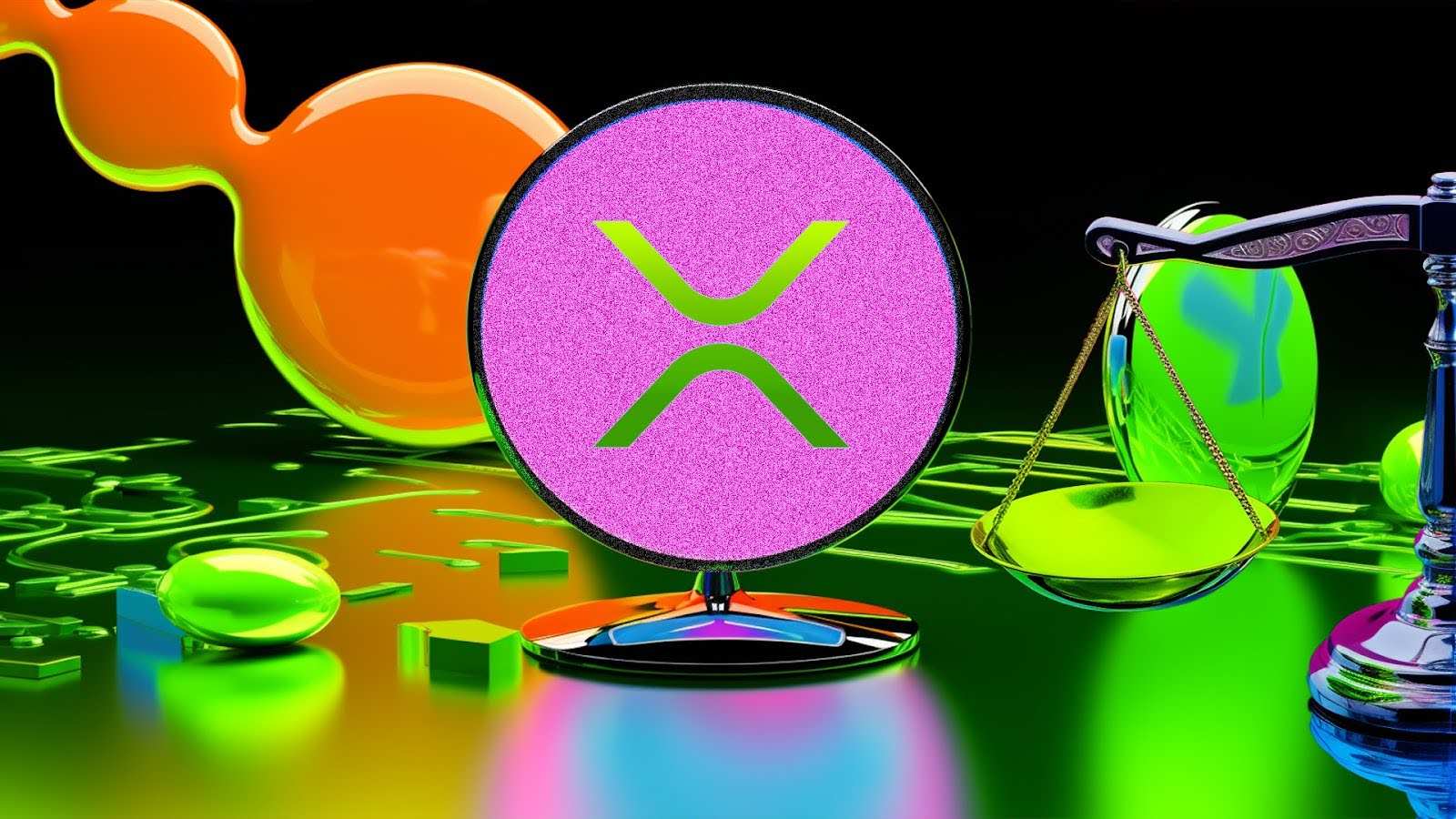
As previously reported here at Crypto Presale, last week saw G20 countries prepare for crypto discussions as part of its 2023 summit in New Delhi.
Here, the Financial Stability Board (FSB) and the International Monetary Fund (IMF) planned to deliver a paper regarding the implementation of a global crypto roadmap called the ‘Crypto-Asset Reporting Framework’ (CARP).
The two-day event- which saw the likes of Joe Biden and Rishi Sunak in attendance- ultimately saw G20 countries embrace the global proposal, as the group of nations signed a declaration that stated:
"We endorse the Financial Stability Board's high-level recommendations for the regulation, supervision and oversight of crypto-assets activities and markets and of global stablecoin arrangements”.
In turn, this agreement called for the "swift implementation of the Crypto-Asset Reporting Framework and amendments to the CRS (Common Reporting Standard)”.
In citing what this means in practice, the signed declaration also went on to say:
“We ask the Global Forum on Transparency and Exchange of Information for Tax Purposes to identify an appropriate and coordinated timeline to commence exchanges by relevant jurisdictions”.
What this essentially means is that involved countries will have their crypto-related data shared automatically on an annual basis - with such information including the name of beneficiaries, the beneficiaries’ distributed ledger addresses, and the beneficiaries’ account numbers.
The affected countries here include Argentina, Australia, Brazil, Canada, China, France, Germany, India, Indonesia, Italy, Japan, Mexico, Russia, Saudi Arabia, South Africa, South Korea, Turkey, the UK, the US, and the EU- which collectively make-up two-thirds of the world’s population.
As pointed out by India’s finance minister, all nations must cooperate for proper cryptocurrency regulation to be carried out.
What the G20’s Move Means For Crypto
Beginning in 2027, the new rules would require global crypto exchanges and companies to share the aforementioned information on all their crypto transactions. Further, this information will be shared with respective tax authorities, giving them greater visibility and transparency into people’s crypto activities- i.e. a practice that contradicts the very nature of decentralised finance (DeFi).
However, as a slight ‘silver lining,’ the FSB has stated that it’s being deployed as an alternative to the ‘costly’ and ‘difficult to enforce’ blanket bans on bitcoin and crypto. The report also stated that bitcoin and other leading altcoins shouldn’t ever become official currencies, hold legal tender status, or be held by central banks.
Moving forwards, the in-question global crypto roadmap will be discussed during another G20 event next month.
The rules come in addition to the disclosure standards that already exist across crypto-adopting nations, such as the EU’s May-implementation of procedures that involve automatic information sharing between governments for tax purposes.
And finally, with regards to the host nation India, its Secretary of the Department of Economic Affairs Ajay Seth stated that its ‘crypto position’ will be decided in the coming months. Here he said that now “the framework for assessing risk has been put together by the G20,” the country will analyse what “the leaders have agreed to," before deciding on "what will be a sound policy for India”.
Although only a prediction, we may expect an anti-crypto stance to be initiated by India, as whilst the country continues to strengthen its relationship with the US, we can predict that it may simultaneously mimic its anti-crypto regulation approach to matters.
Want More Cutting-Edge Crypto News?
Follow Us: X TikTok Instagram Telegram LinkedIn
Sign up to our newsletter at the bottom of the page
Check Out Our Top 10 Crypto Currencies of 2023
This article is intended for educational purposes and is not financial advice.

















